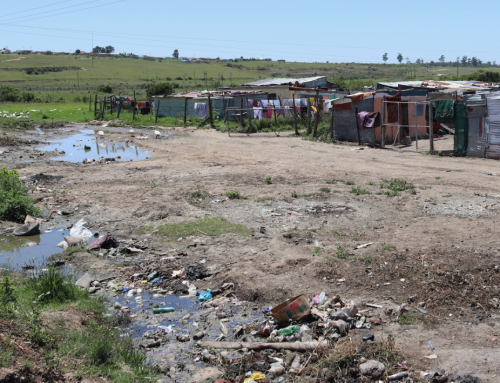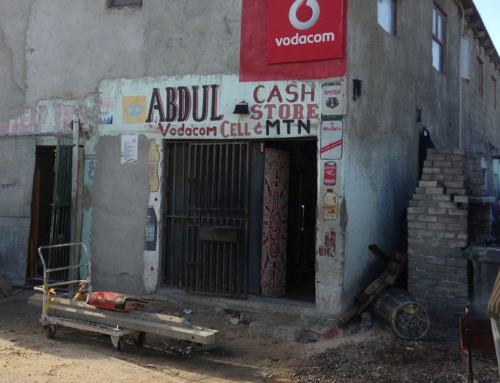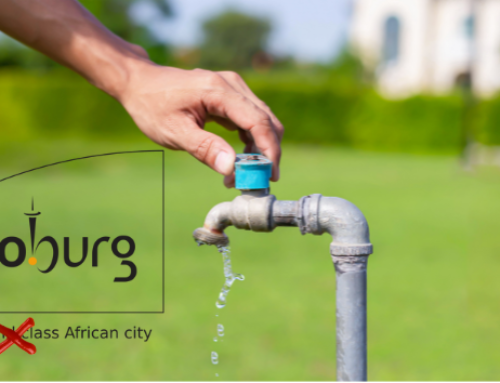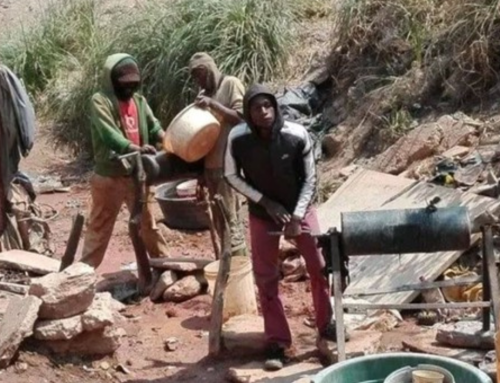1. What is leadership?
If we accept that leadership is a process of social influence which maximises efforts of others towards achievement of a goal, what does it mean in the South African context?
2. What is the South African “goal”
Surely it is to give expression to South Africa’s Constitution; specifically, the Bill of Rights. The Country’s basic vision, as detailed in the Constitution, includes our various personal freedoms, property and labour rights, adult suffrage and so forth.
3. The Constitution versus the State of the Nation
But, most sober South Africans would agree that the State of the Nation has for some time stood in stark contrast to the Constitution’s vision.
Developments over the past few years, and even weeks, have increased the speed with which we’ve been sliding down the slippery slope of corruption and poor governance.
South Africa is stuck with an ill-suited deployee, foisted on us by the ruling party, who does not seem to realise – or care about – the impact of his decisions.
With President Zuma’s recent midnight cabinet reshuffle, South Africa literarily has jumped from a very hot frying pan, straight into the fire.
Government leaders, with President Zuma in front, no longer serve the people and our constitutional democracy. They don’t seem to understand clean governance, never mind, practicing it.
We suffer from a leadership vacuum that makes it impossible for the Country to move forward. Therefore, instead of concentrating on the “basic stuff” such as education, health care and housing, we are fighting to not drown in our seemingly insurmountable woes.
4. The unintended consequence of President Zuma’s actions
Ironically President Zuma has achieved one positive thing with his bull-in-a-china-shop approach: he has galvanised this Nation.
We have a new short-term goal: #ZumaMustFall. But we cannot afford to be short-sighted… should Zuma fall, what then? Or worse, should he not vacate his office, what should happen?
We have made much progress since 1994, but there are fundamental problems that need addressing. The land issue is a case in point; whether one likes it or not, it is an issue at the core of our national identity. It needs to be laid to rest once and for all so that inflammatory rhetoric does not lead to South Africa becoming a second Zimbabwe.
5. National Convention
The problems we face are bigger than any one solution, one political party can proffer.
We need to find common ground and all stakeholders, including yourselves, must voice their opinions. We need to listen to each other and renegotiate a new vision.
This is why the United Democratic Movement advocates for a National Convention. A Codesa-type forum, where we have a safe space to raise issues; to actively listen; to engage and to convince each other and/or compromise.
With our struggling economy, lawlessness, poverty, unemployment and many other ills, we need to have leaders who are equal to this task. To answer the question of accountable leadership, we need to institute a deliberate, direct participatory democracy model where the President and Members of Parliament report to people.
In the end, the National Convention should produce a well hammered-out, common vision in which we can all believe and Government can implement.
6. Conclusion
My and your role as leaders are to do everything in our power to maximise our efforts to make South Africa a Winning Nation, not only for our benefit, but also for those who follow in our footsteps.
Thank you

























